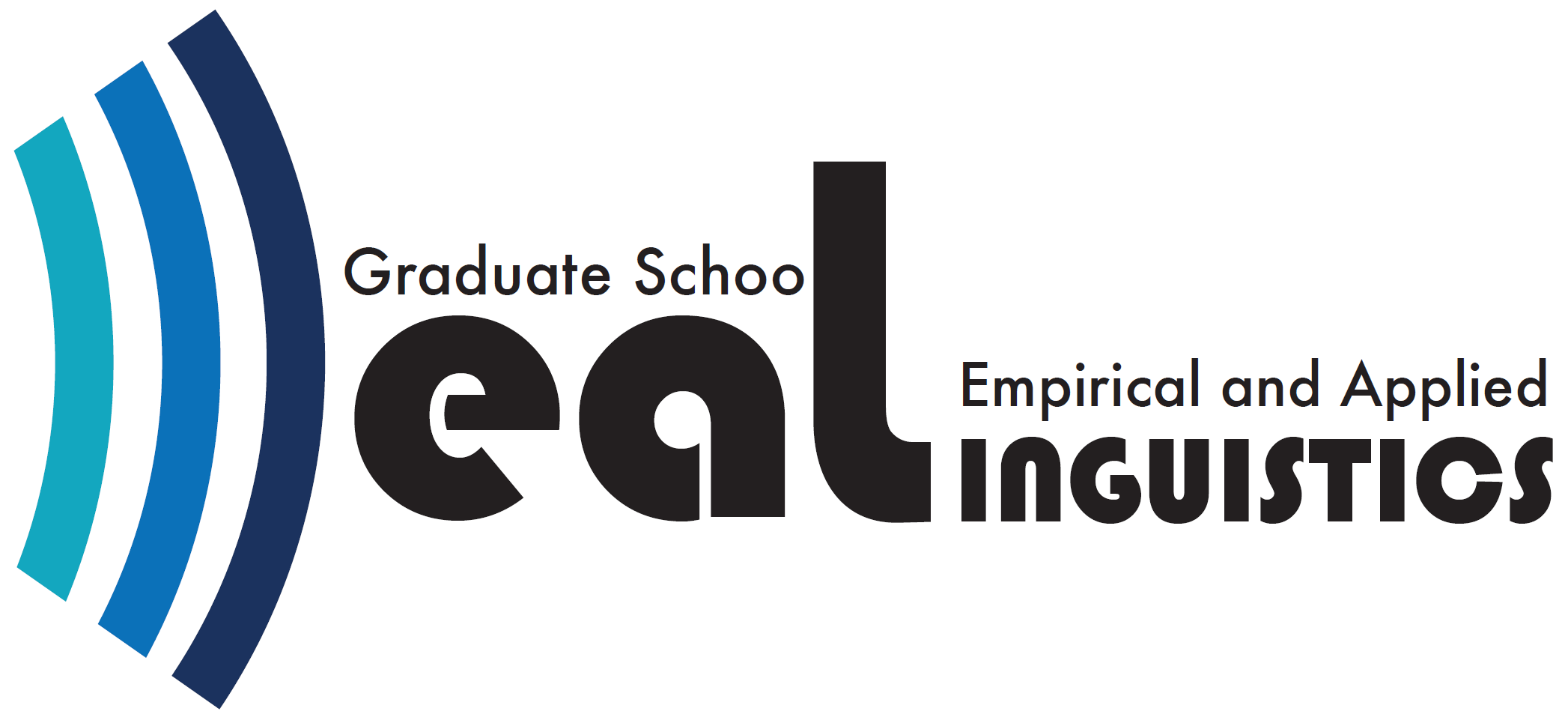Call for Applications: DAAD Scholarships
The Graduate School of Empirical and Applied Linguistics at the University of Münster welcomes applications for 2 PhD scholarships funded by the DAAD on the topic of pluricentric languages from candidates from developing countries.
Starting date of the scholarship is April 1, 2026. You will be admitted to the Graduate School of Empirical and Applied Linguistics at the University of Münster.
Requirements
- PhD project falls under the general topic of ‘Pluricentric Languages’ (see below)
- a B.A. and an M.A. degree in linguistics, applied linguistics or TEFL with excellent grades (among the top 20%)
- you obtained your Master’s degree less than six years prior to the start of the scholarship (i.e. after April 2020)
- you come from a developing country (please see list DAAD)
- you are willing to move to Münster/Germany for the 4-year scholarship
- you have not been resident in Germany for more than 15 months prior to application
- you have not previously completed a PhD
Scholarship benefits
The scholarship entails:
- a travel allowance
- a monthly stipend of 1300 Euros plus family allowance where applicable
- health insurance
- German language course
Depending on progress, the scholarship can be extended for up to four years.
Topic: Pluricentric Languages
Your planned PhD project should fall under the general topic of ‘Pluricentric Languages’.
A range of languages such as Arabic, German, English, French, Portuguese, Dutch, Spanish, and Russian have developed into world languages over the last few centuries through colonization, land acquisition, and migration, i.e. they have been transported by substantial groups of speakers to other countries, where they have established themselves and, in some cases, acquired the status of an official language. When a language has developed different local standard norms or varieties worldwide, they are referred to as pluricentric languages. While the different varieties of a language share basic linguistic characteristics and the respective speakers can normally understand each other, they nevertheless differ systematically, e.g. in terms of their vocabulary, grammar and pronunciation. This variation in language has implications, for example, for the learning and teaching of language, for power-critical debates with regard to language prestige or for language change.
Many varieties of pluricentric languages are spoken in developing and emerging countries, but most of their research has so far been carried out in the 'western world', often because the varieties have little prestige in their own countries. With the doctoral scholarships, we would like to enable speakers of these varieties to participate in international research and theory development in the field of pluricentric languages.
Possible PhD projects include:
- attitudes towards world-wide varieties of English, German, French, Spanish etc.
- Global Englishes Language Teaching
- use of Russian in post-Soviet countries
- endogenous and exogenous norms in non-European varieties of French, Spanish and Portuguese
Application documents
The application deadline is April 1, 2025.
Please apply via email to linguistics.phd@uni-muenster.de with the following documents (all in PDF format please):
- a research proposal (5-7 pages plus references) containing your specific topic, research question/s, the theoretical background, your proposed methodology
- a schedule of your planned research work including information about possible field studies/research stays outside of Germany
- a curriculum vitae
- B.A. and M.A. degree’s certificate and transcript of records including grades and an explanation of the university’s grading system
- a copy of your M.A. thesis in PDF format
- a recommendation letter by a professor of your home university
- a recent English language test result (TEFL, IELTS, Cambridge Certificate, …)
- names of two suggested supervisors (please see Supervisors)
If you have any questions, please contact the Graduate School coordinator at linguistics.phd@uni-muenster.de.
Please note:
Given positive notice by the Graduate School, successful applicants must also upload application documents to the DAAD.

